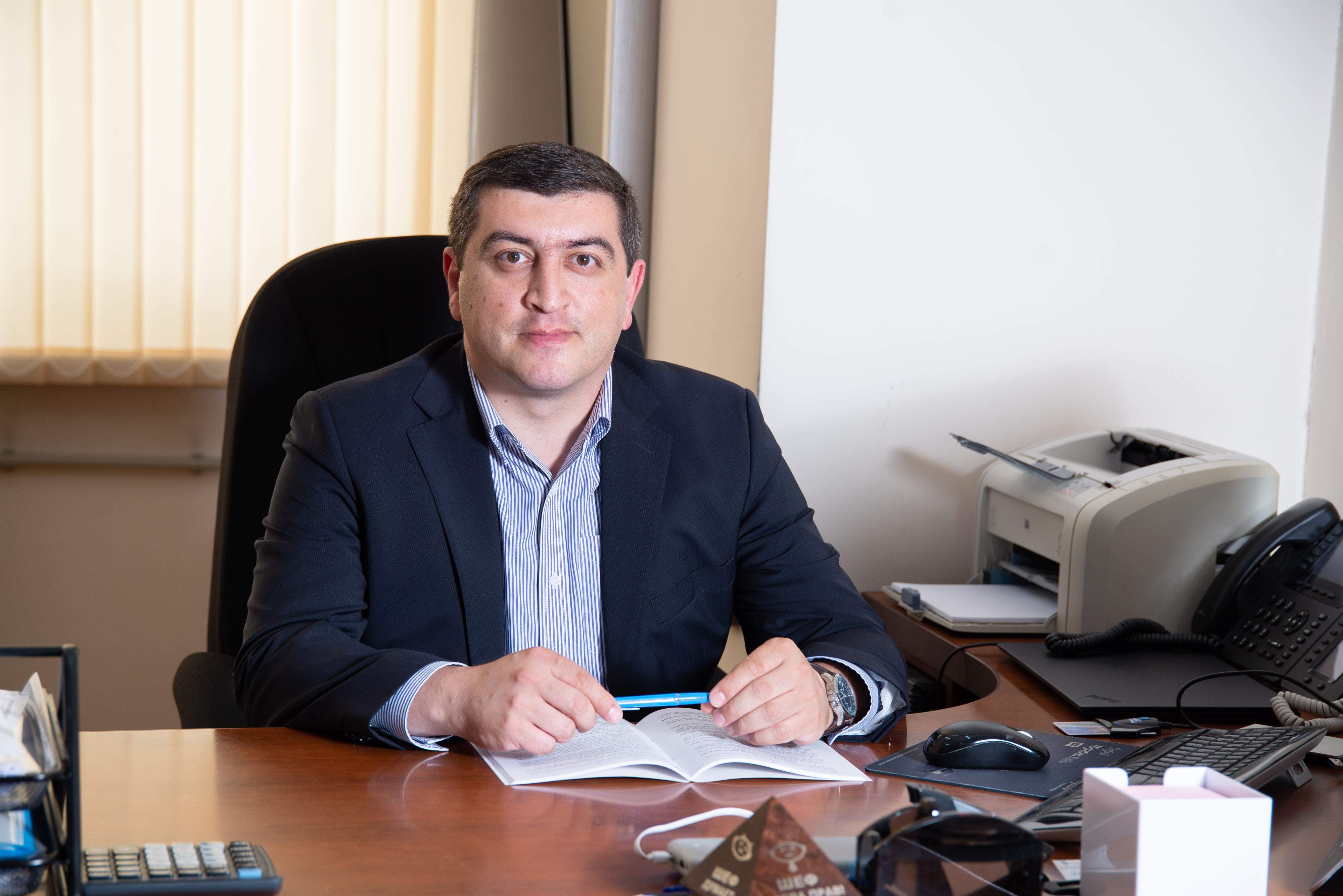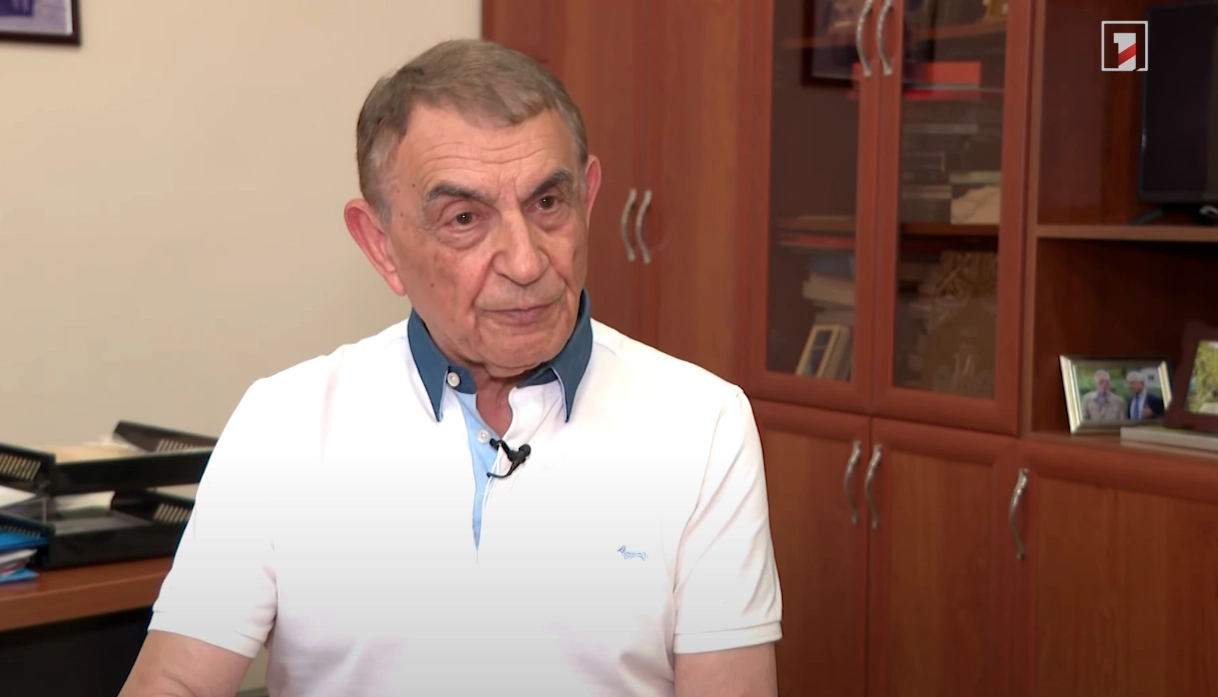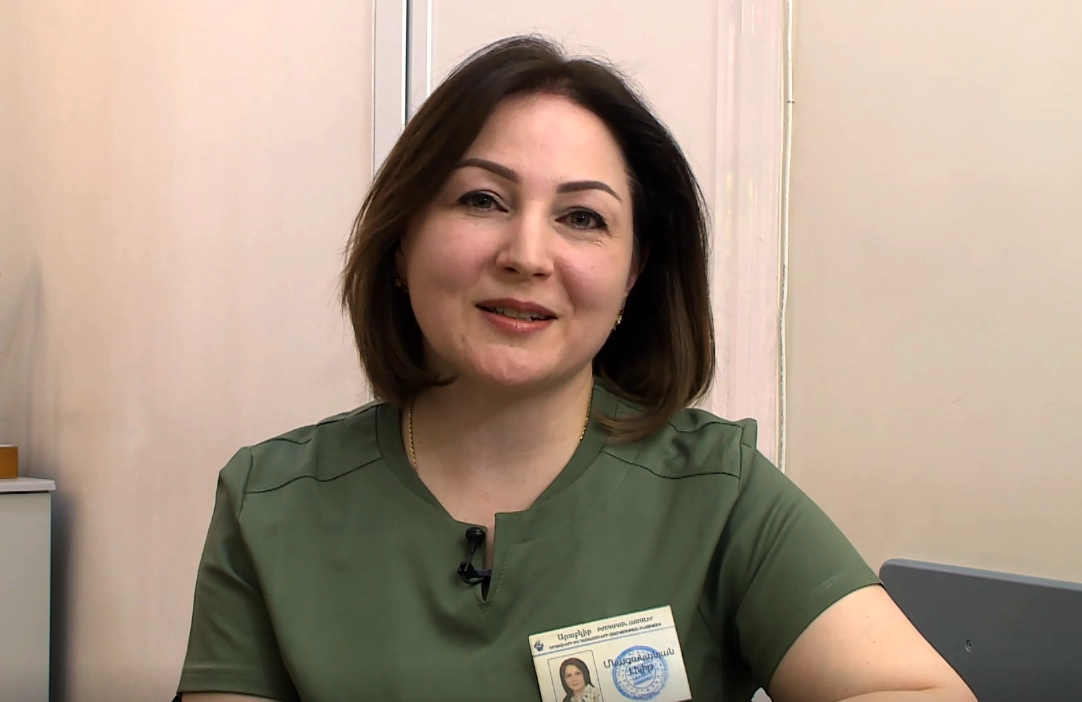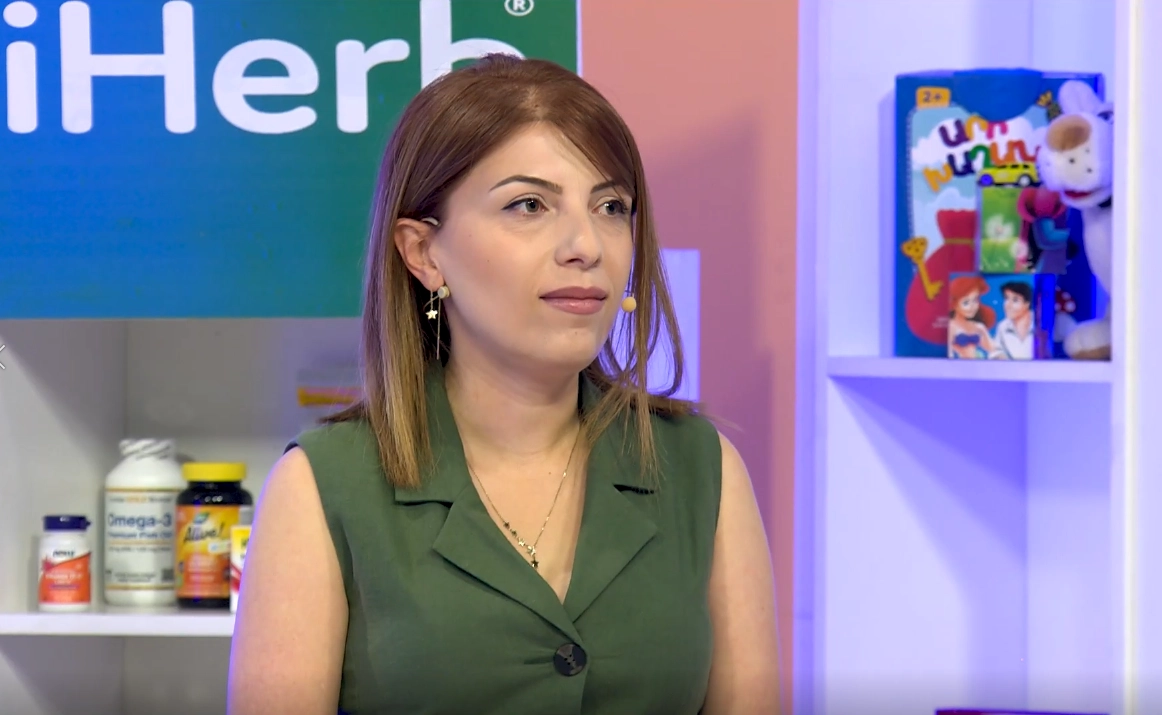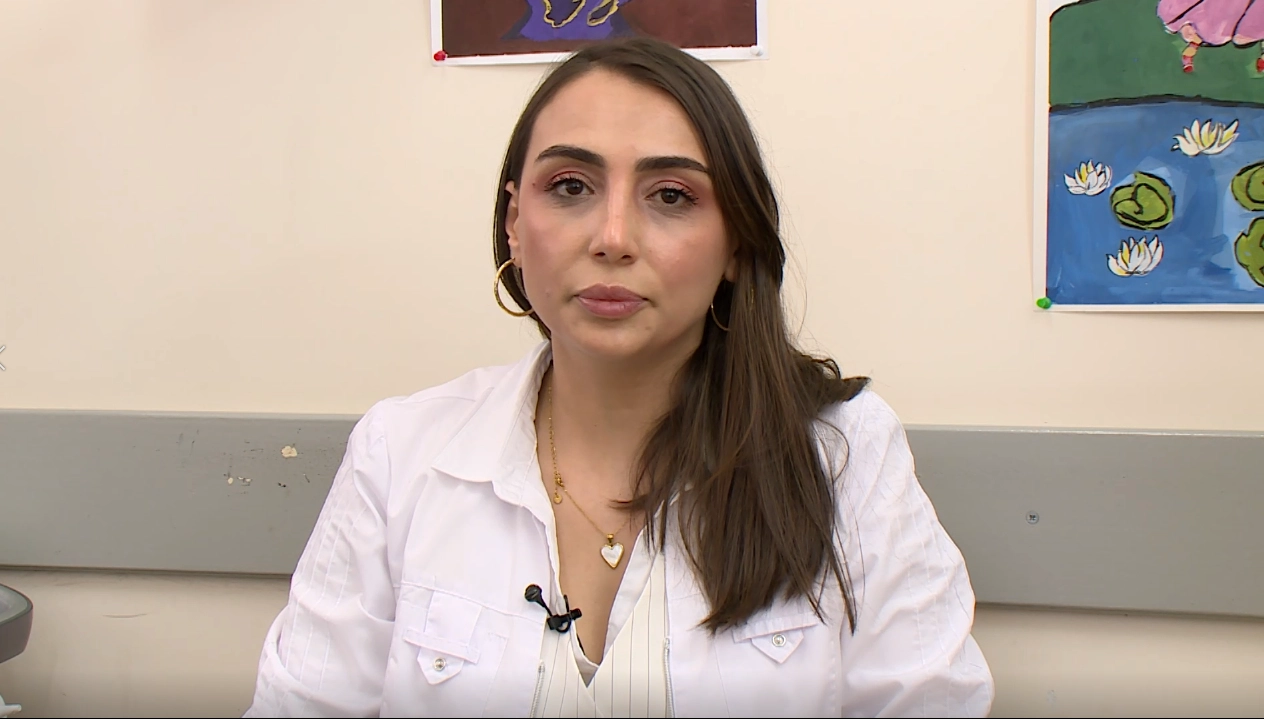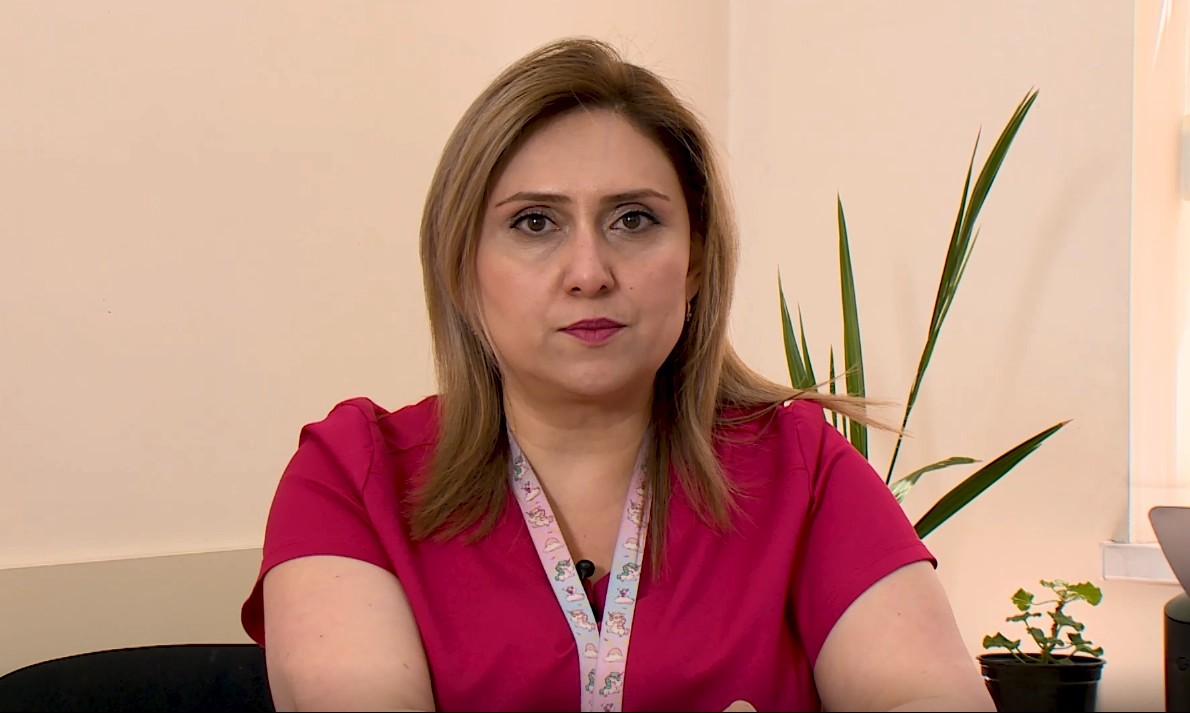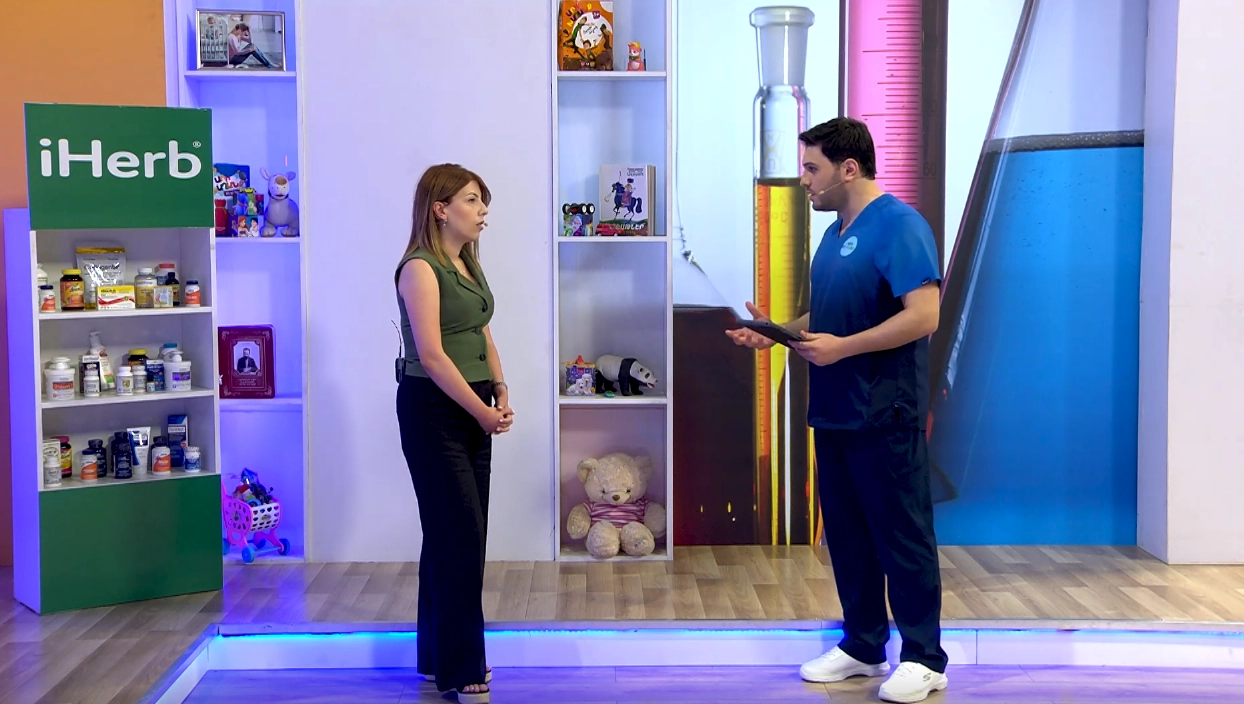“I wish for all our children to be healthy and to live in a peaceful and safe country. This is the most important thing. And, of course, I wish them to have opportunities to ensure all their rights - health, educational, social and others”.
Arman Babloyan, the director of “Arabkir” MC-ICAH has answered the questions of news.am: occasion - Children’s Day, topic - children’s right to health and current issues of pediatrics.
June 1st is the International Children's Rights Protection Day, with the right to health holding a special significance. NEWS.am Medicine recently interviewed Arman Babloyan, the director of the “Arabkir” Medical Center - Institute of Child and Adolescent Health, to discuss the topic.
Mr. Babloyan, Pediatrics plays a crucial role in upholding children’s health rights and is considered one of the most vital branches of medicine. As the head of one of the most prestigious and third-level pediatric institutions in Armenia, what is your opinion, what is pediatrics like in Armenia today, what prospects do we have in this field?
Thank you, the topic is very important. We have a very common expression: children are our future, but our approach is different: children are our present, our today, and they have their rights, including the right to health. Therefore, we - the state, society, doctors, all of us - must make every effort to protect children's right to health. Simultaneously, as part of a strategic approach, the state must recognize that a healthy society cannot be achieved without ensuring the health of its foundation - children. In other words, the health of society is directly linked to the health of children. Today's children’s health serves as a guarantee for a future society of healthy adults, and by safeguarding children’s rights today, we aspire to build a healthy society and a safe country in the future.
Consequently, pediatrics should consistently occupy a primary and unique position within healthcare, as advocated by the WHO and observed in high-quality healthcare systems of developed countries, where the prioritization of motherhood is unquestioned. However, it is regrettable that over the past 20 years, there has been a decline in interest in pediatrics as a profession, and only the dedicated pursue this field.
Is it possible that it is related to the Pediatrics faculty being closed?
Certainly, the closure of the faculty of Pediatrics had its significance in this matter, but it would be incorrect to solely attribute the problem to that. Generating interest among new graduates in the field of pediatrics should be a broader concern. And perhaps not the first, but one of the primary factors that sparks interest is the remuneration for work. When we compare the prices of medical services for children and adults, we observe a significant difference in approaches. Adult services are differentiated and reflect the actual value of the service, whereas children’s services are often averaged, which does not motivate new graduates to choose pediatrics. They tend to opt for adult medical professions so that they can later contribute to a more prosperous life for their families.
If we look a little wider, what would you highlight, what is important for solving the problems of Pediatrics in Armenia?
I think that first of all we should think in three main directions: firstly, the development of primary care, which will alleviate the burden on the hospital care and will not waste hospital resources on prevention, consultation, research and treatment of those diseases that can be fully managed at the primary level. And parallel to this, the second direction is the development of hospital services. They are highly interconnected. And the third area, of course, is education, both university and postgraduate, and continuous professional development so that we can provide the field with the necessary personnel. I think this should be a priority in the coming years because of the shortage of healthcare personnel in the field of pediatrics due to the circumstances already mentioned.
And finally, your wish for June 1st.
I wish for all our children to be healthy and to live in a peaceful and safe country. This is the most important thing. And, of course, I wish them to have opportunities to ensure all their rights - health, educational, social and others.

 English
English
 Հայերեն
Հայերեն Русский
Русский